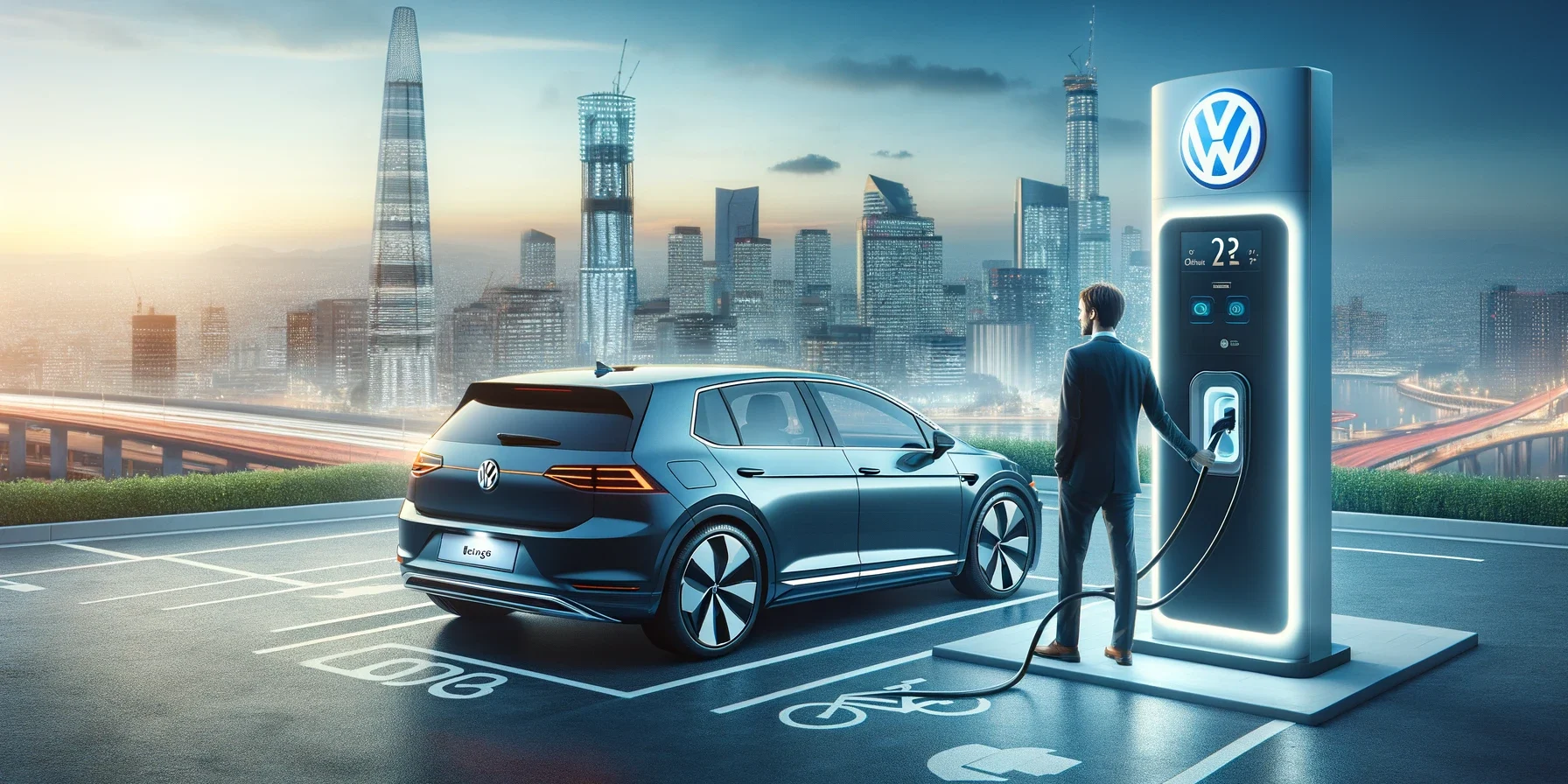Volkswagen’s Commitment to Sustainability
Volkswagen has made significant strides in sustainability, recognizing the importance of reducing its environmental footprint and contributing to a more sustainable future. This commitment is evident in the company’s efforts to develop electric vehicles, improve manufacturing processes, and implement eco-friendly practices across its operations.
One of the cornerstones of Volkswagen’s sustainability strategy is its ambitious plan to electrify its vehicle lineup. The Volkswagen ID. series, which includes models like the ID.3 and ID.4, represents the brand’s dedication to electric mobility. These vehicles are designed to offer zero-emission driving, utilizing advanced battery technology and efficient electric motors. The ID. series is just the beginning, as Volkswagen aims to offer more electric models across different segments in the coming years.
Volkswagen’s approach to sustainability extends beyond its vehicles to its production processes. The brand has implemented numerous initiatives to reduce the environmental impact of its manufacturing operations. This includes the use of renewable energy sources, such as solar and wind power, in its factories. Volkswagen’s Zwickau plant in Germany, for example, has been transformed into a state-of-the-art electric vehicle production facility powered entirely by renewable energy.
In addition to using renewable energy, Volkswagen is committed to minimizing waste and conserving resources. The company has adopted circular economy principles, focusing on recycling and reusing materials wherever possible. This approach not only reduces waste but also decreases the demand for raw materials, contributing to a more sustainable supply chain.
Volkswagen’s efforts to improve the efficiency of its vehicles also play a crucial role in its sustainability strategy. The brand’s engineers have developed a range of technologies to enhance fuel efficiency and reduce emissions in its internal combustion engine vehicles. Innovations such as turbocharging, direct fuel injection, and lightweight construction help to achieve these goals. Additionally, Volkswagen offers hybrid and plug-in hybrid models that combine traditional engines with electric motors to provide a more eco-friendly driving experience.
The brand’s commitment to sustainability is also reflected in its research and development efforts. Volkswagen invests heavily in developing new technologies that can further reduce the environmental impact of its vehicles. This includes exploring alternative fuels, such as hydrogen, and developing advanced driver assistance systems that can improve traffic flow and reduce congestion, ultimately leading to lower emissions.
Volkswagen’s sustainability initiatives are not limited to its products and operations. The company also engages in various community and environmental projects to support broader sustainability goals. For example, Volkswagen has partnered with organizations to promote reforestation and conservation efforts, helping to restore natural habitats and combat climate change.
Volkswagen’s commitment to sustainability is encapsulated in its “TOGETHER 2025+” strategy, which outlines the company’s vision for the future. This strategy focuses on four key areas: digital transformation, electrification, sustainability, and profitability. By aligning its business goals with sustainable practices, Volkswagen aims to create long-term value for its customers, employees, and stakeholders.
Volkswagen’s focus on sustainability is also evident in its supply chain management. The company works closely with its suppliers to ensure that they adhere to high environmental and social standards. This includes promoting responsible sourcing of materials, reducing the carbon footprint of the supply chain, and ensuring fair labor practices. By fostering a sustainable supply chain, Volkswagen aims to create a positive impact beyond its own operations.
In conclusion, Volkswagen’s commitment to sustainability is a comprehensive and multifaceted approach that encompasses its products, production processes, supply chain, and community engagement. The brand’s dedication to electrification, renewable energy, resource conservation, and innovative technologies demonstrates its resolve to lead the automotive industry toward a more sustainable future. As Volkswagen continues to advance its sustainability initiatives, it sets a benchmark for other companies to follow, showing that environmental responsibility and business success can go hand in hand.







